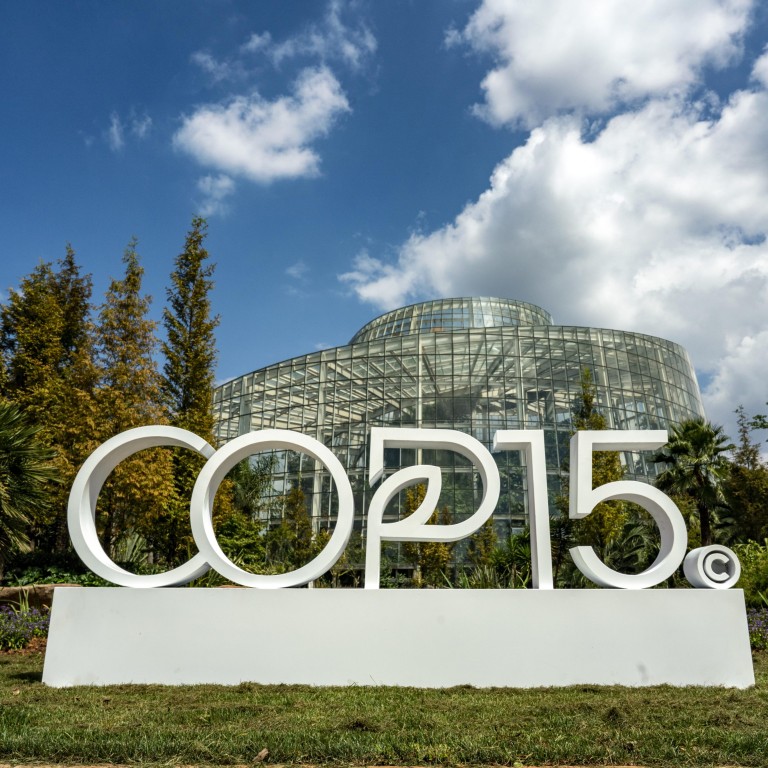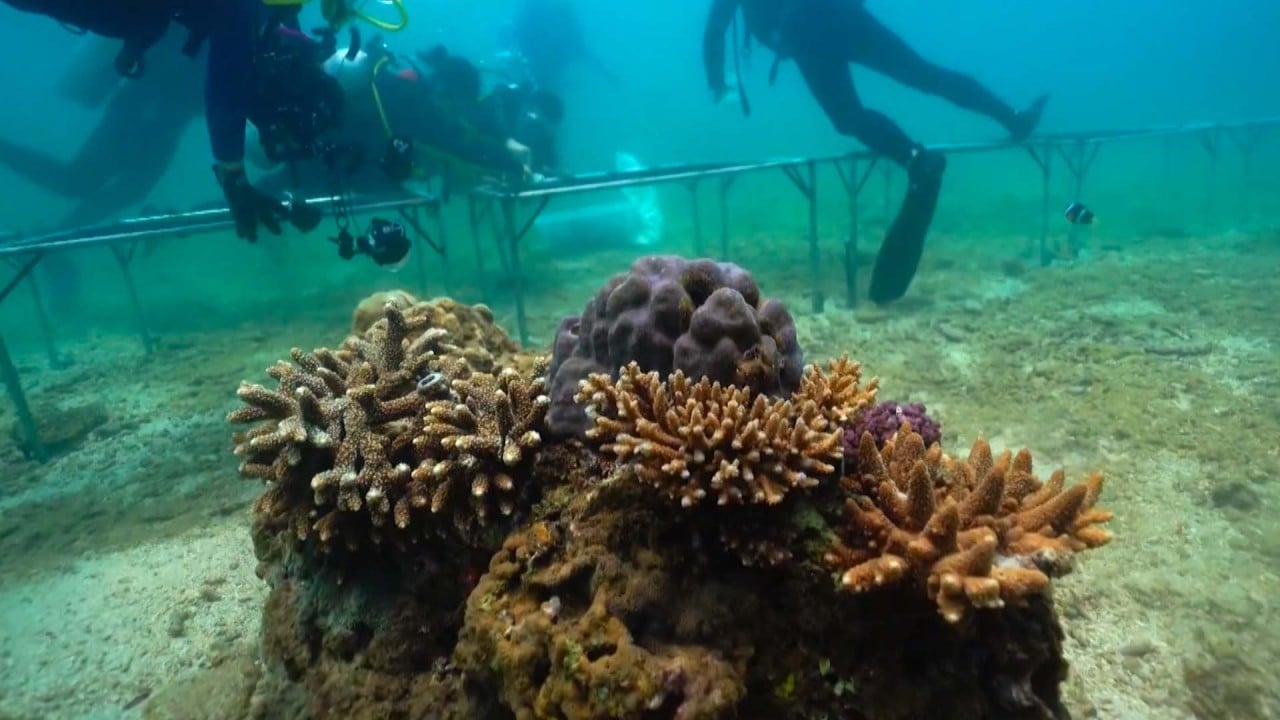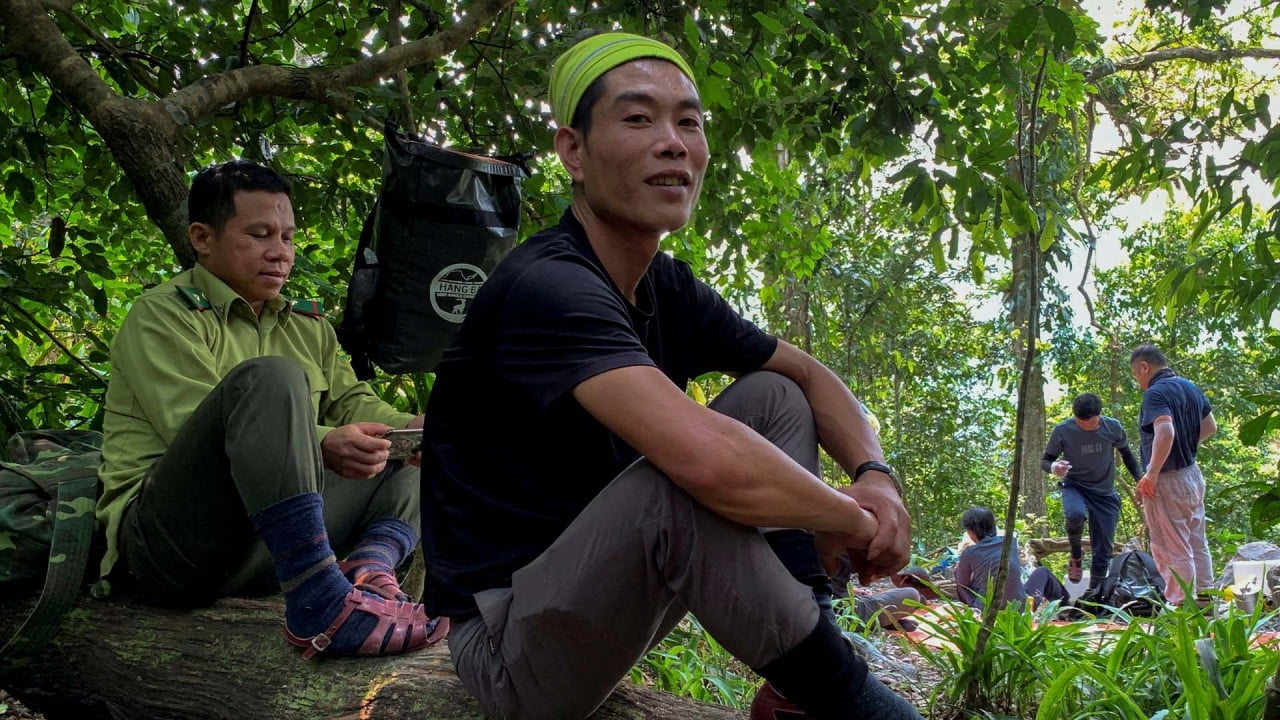
Cop 15: UN Biodiversity Conference set to move from China to Canada after Covid-19 delays
- Sources say the event that had been scheduled to be held in Kunming in December will move to Montreal instead
- The meeting has already been postponed because of Covid-19 and scientists say the move shows that the world realises it cannot afford further delays
The United Nations Biodiversity Conference, known as COP15, is likely to be relocated from the Chinese city of Kunming to Montreal in Canada this December, according to people familiar with the matter.
Representatives from about 200 member countries of the UN Convention on Biological Diversity are expected to establish a post-2020 global biodiversity framework to conserve species at risk of extinction.
Two different parties said they had heard from separate sources that the meeting would be moved to Montreal. The announcement is expected at a CBD meeting that starts in the Kenyan capital Nairobi on Tuesday.
Separately, Eddy Perez, an international climate diplomacy manager at Climate Action Network Canada, wrote on Twitter on Sunday that COP15 had agreed on the relocation to Montreal. The secretariat of the CBD did not immediately respond to a request for comment.
The relocation means that countries have realised the need for funds and actions to address the biodiversity crisis is urgent, according to conservationists.
“The CBD has realised that the meeting could not be further delayed,” Alice Hughes, a conservation biologist at the University of Hong Kong, said.
“The pandemic has highlighted the need for better environmental governance to reduce the risk of future pandemics,” she said, adding that countries require access to the funds that will only be available once the framework is officially enacted.
“Further delay was potentially damaging to the ability of those countries to conserve diversity.”
Li Shuo, a senior policy adviser at Greenpeace East Asia, said countries should focus on the quality of the deal. “That means ambitious targets to ensure strong protection both on land and at sea and a robust implementation package,” Li said.
Over a fifth of world’s reptile species face extinction threat
CBD member states signed an agreement in Aichi, Japan, in 2010 that included 20 targets to reduce biodiversity loss and protect habitats by 2020, but none have been fully achieved.
The next agreement is expected to set biodiversity conservation targets for 2030 and 2050, such as protecting 30 per cent of the world’s land and seas by 2030.
“The upcoming preparatory session in Nairobi should see countries advancing the draft deal. The remaining months of COP15 should be used effectively to unlock contentious issues such as finance,” Li said.
“China still needs to play a proactive role to ensure COP15 delivers.”
The Chinese leadership had attached particular political significance to the meeting.
“China still holds the presidency of COP15. It can express opinions and show leadership, but [the relocation] will have some impact,” said Gu Su, a political scientist with Nanjing University.
But Hughes added that China had already contributed through the Kunming conservation fund and other elements of planning, and hopefully it would continue to show strong leadership to push other countries towards new targets.
Lifelong defender of the natural world ‘terrified’ by what he is seeing
The move to Montreal will also reinforce China’s insistence on the “dynamic zero-Covid” policy, which has already forced other COP15 meetings to be moved.
“[China] doesn’t know when it will end the [zero-Covid] policy and it cannot meet the conditions for hosting international conferences,” Gu said.
China has kept strict controls on international travel in place at a time when the rest of the world is getting back to normal and the policy has also forced a number of sporting events to be cancelled, moved or postponed.
The Asian Games, initially due to be held in Hangzhou later this year, have been postponed and the Asian Football Confederation announced last month that China had relinquished its rights to host the AFC Asian Cup next year.



